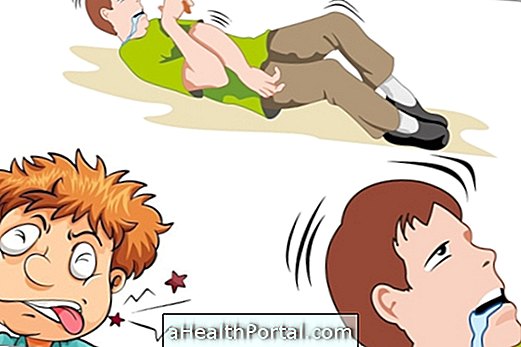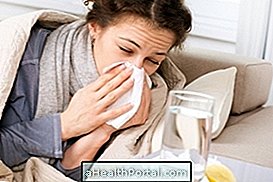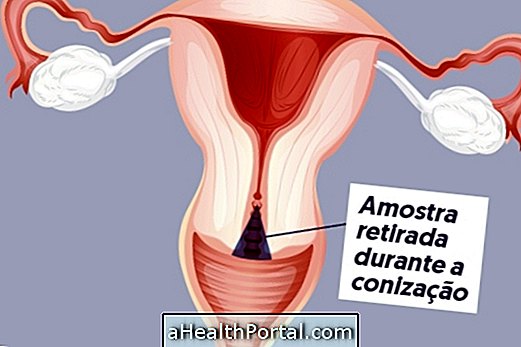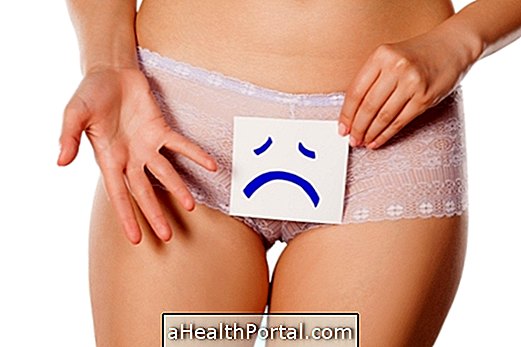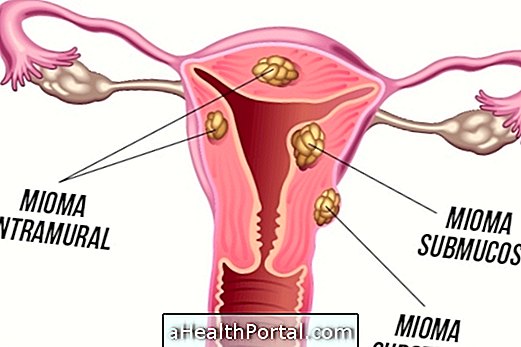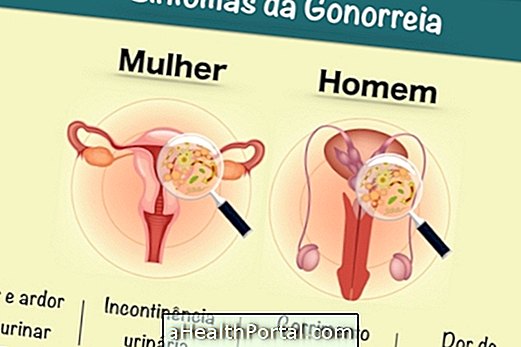Psychosomatic illnesses are diseases of the mind that manifest physical symptoms, such as stomach pain, tremors or sweat, but which have a psychological cause. They appear in people who have high levels of stress and anxiety because it is a way for the body to physically demonstrate something that is wrong on the emotional and sentimental side.
The main symptoms manifested by the body due to psychosomatic diseases are:
- Accelerated heart rate;
- Tremors;
- Rapid breathing;
- Cold or excessive sweating;
- Dry mouth;
- Numbness;
- Stomach ache;
- Feeling of knots and pain in the chest;
- Back and head pain;
- Red or purple spots on the skin.
These symptoms happen because stress and anxiety increase nervous activity in the brain, as well as raise levels of hormones in the blood, such as adrenaline and cortisol. Many body organs such as intestines, stomach, muscles, skin and heart have direct connection to the brain, and are most affected by these changes.
With the persistence of symptoms, it is common to develop diseases that can be caused or worsened by emotional causes such as gastritis, fibromyalgia, psoriasis and high blood pressure. Learn more about diseases that can arise or worsen from emotional causes.
In some cases, the symptoms are so intense that they can mimic serious illnesses, such as heart attack, stroke, or seizures, for example, and require rapid anxiolytic treatment, such as diazepam, on prompt care.
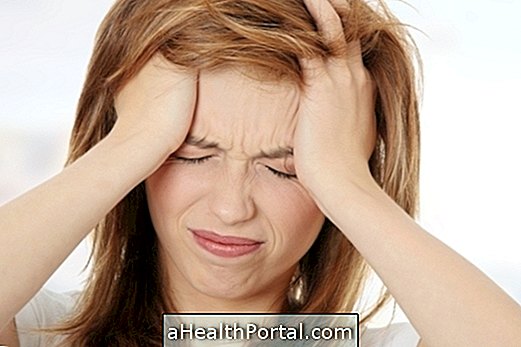
Causes of symptoms
Anyone can develop a psychosomatic illness, but the onset of these signs is more common in people who:
- They have a lot of stress and charges at work;
- They went through traumatic events;
- They do not talk about their feelings and keep them all to themselves;
- They suffer a lot of psychological pressure or bullying;
- Depressive or anxious people who do not seek treatment.
On suspicion that some symptom may be psychosomatic, it is recommended to go to the general practitioner to perform tests that can rule out other diseases and, if necessary, be referred to a psychiatrist and psychologist.
How to treat
The treatment is given with medicines to relieve symptoms such as painkillers, anti-inflammatories and medicines for nausea, and medicines to control anxiety, such as antidepressants such as sertraline or citalopram, or tranquilizing anxiolytics such as diazepam or alprazolam, for example .
In addition to medications, people with psychosomatic symptoms and illnesses should be followed up by a psychologist and psychiatrist for psychotherapy sessions and medication adjustment. Some tips to learn how to get around anxiety symptoms can also be followed, such as dedicating yourself to some enjoyable activity.
There are also natural alternatives to help alleviate emotional symptoms such as chamomile and valerian teas, meditation and breathing techniques, and practicing physical activities. See other natural remedy tips for anxiety.



